Hamish McLennan puts Rugby Australia on fast track to restructure
Rugby Australia chair Hamish McLennan has brought in a restructuring expert to trim up to $15m from the organisation.
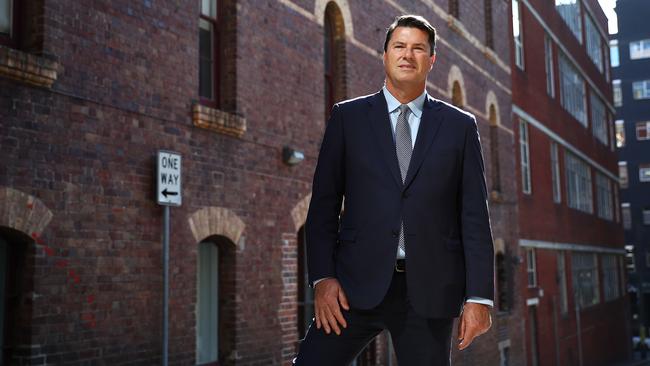
Rugby Australia chairman Hamish McLennan has brought in a cost-out and restructuring expert to trim up to $15m from the organisation, while at the same time he is working towards major constitutional changes that will usher in an AFL-style commission to administer the game.
McLennan certainly can’t be accused of letting the grass grow beneath him in the 11 weeks that he has been running the show at RA. Phase one of the restructuring process, the culling of 47 full-time staff members from the 142 who work at headquarters, was carried out within a fortnight of his arrival. That cut $5.5m from the wages bill. Now comes phase two.
“I’ve brought in Adam Foulsham, an ex-colleague who is a restructuring expert who will look to drive further savings and remove duplication right across RA and the member unions,” McLennan said on Friday. “We’ve set ourselves an internal goal of driving another $15m worth of costs out of the organisation.
“We need to right the ship and invest every available dollar back into grassroots which the member unions will execute.”
In his brief 78 days in office, McLennan has played hardball with New Zealand over a 2021 trans-Tasman competition structure while simultaneously investigating a domestic competition, the precursor to going to Fox Sports and others for a new broadcast deal. He has bolstered preparations for Australia’s 2027 World Cup bid by appointing a high-powered group of advisers, and initiated an unhurried but comprehensive search for a new chief executive.
“But arguably the biggest and most important project is looking at our governance, RA governance, and determining how we can move to a best-in-class model to administer the sport,” he said.
“In the next three weeks, we will define the process to engage with all stakeholders and then look at small and large changes to our constitution and structure and hope to have it concluded within the next three to five months.”
In truth, he has already done a lot of “engaging with stakeholders” including, importantly, the two heartland states of NSW and Queensland that effectively contribute about 90 per cent of the nation’s playing strength. The chairs of both bodies, respectively Roger Davis and Jeff Miller, old interstate rivals, are basically of one mind on this: “We want a seat at the table and we don’t want to be ignored any longer.”
But how to do that without causing Victoria, Western Australia and the ACT to feel they have been neglected? No one said this would be easy.
Davis also has a few other requests, such as doing away with the “independent” board member who in recent years has been brought onto the RA board precisely because they were expert in some field but had no knowledge at all of rugby. “They were honourable people, fine people, not a criticism of their character, but they knew nothing about the game or the politics or the issues or the history,” Davis said.
McLennan also has put some of the finest legal and rugby minds to work, with former Rugby Victoria president Tim North QC and former RUPA chairman Bruce Hodgkinson SC being asked to come up with a plan for constitutional change.
And seemingly there is no such thing as a “free lunch” in a McLennan organisation, with key identities from the “eminent persons” group he set up to advise on the World Cup bid, former governor-general Sir Peter Cosgrove — now a member of the committee set up by World Rugby to review governance on a global scale — and International Olympic Committee vice-president John Coates, both being asked to lend their expertise to the problem.
Sir Peter, a former RA board member, admitted rugby had a lot to learn from the AFL and the “feudal barons” who ruled over the clubs. “The marriage between these wonderful tribal entities, which are the AFL clubs, and the business model … we now have this monolith,” Sir Peter told The Weekend Australian. “If we (rugby) could garner some of their cultural/corporate success, if there was a lesson for us to learn, why wouldn’t we do it?”
Aside from holding up the AFL Commission as the best available model for rugby to emulate, with modifications, McLennan isn’t entirely sure what his end goal is. He is not certain, for instance, whether a Rugby Australia commission should be set up to run in parallel with the RA board or as a substitute for it. Nor is he sure whether a separate Super Rugby commission should be set up independently to run that element of the game or whether its function could be embraced by an RAC.
The answer to that probably will be dictated by New Zealand. If they accept Australia as equal partners in the trans-Tasman venture, with five sides apiece, there may well be a need for a SRC. Otherwise, perhaps not.
“RA needs to be smaller, nimbler, with a commission-style structure that doesn’t overlap with any of the member unions,” McLennan said. “And it should be responsible for, for example, central contracting, the Wallabies, high performance, management, finance, marketing and sponsorship and such, with a view that we push more resources down to the member unions for grassroots and club management.”
McLennan has given himself and the organisation about three weeks to determine what process it will use to engage with all stakeholders and gather together their input. “And then we will look at small and large changes to our constitution and structure and hope to have it concluded within the next three to five months.”
That’s an extraordinarily short time to bring about change that has been bounced around for the past decade, but that is one thing about the COVID-19 crisis: it has brought everything to a head and fast-tracked ideas and proposals that looked to have died in committee years ago.
What is revolutionary about all this is that the organisation that looks like feeling the most pain is Rugby Australia. The prevailing belief is that RA needs to embrace the states more and if that means sacrifices have to be made at the Moore Park headquarters, so be it. By RA standards, that’s a radical standpoint. Far too often in the past the pain has been shuffled down the chain.
In a way, that perhaps explains the unhurried pace of the current search for a permanent replacement to Rob Clarke, RA’s interim chief executive. Clarke has stated that he is prepared to stay on until Christmas and that the liberating factor of being an interim appointment is that he is able to make decisions in what he believes are the best interests of the game.
No doubt there will be many sceptics tut-tutting, most of them based in the west. But clearly he and McLennan feel comfortable working together. And they have taken on more than any CEO and chairman in the history of Australian rugby.

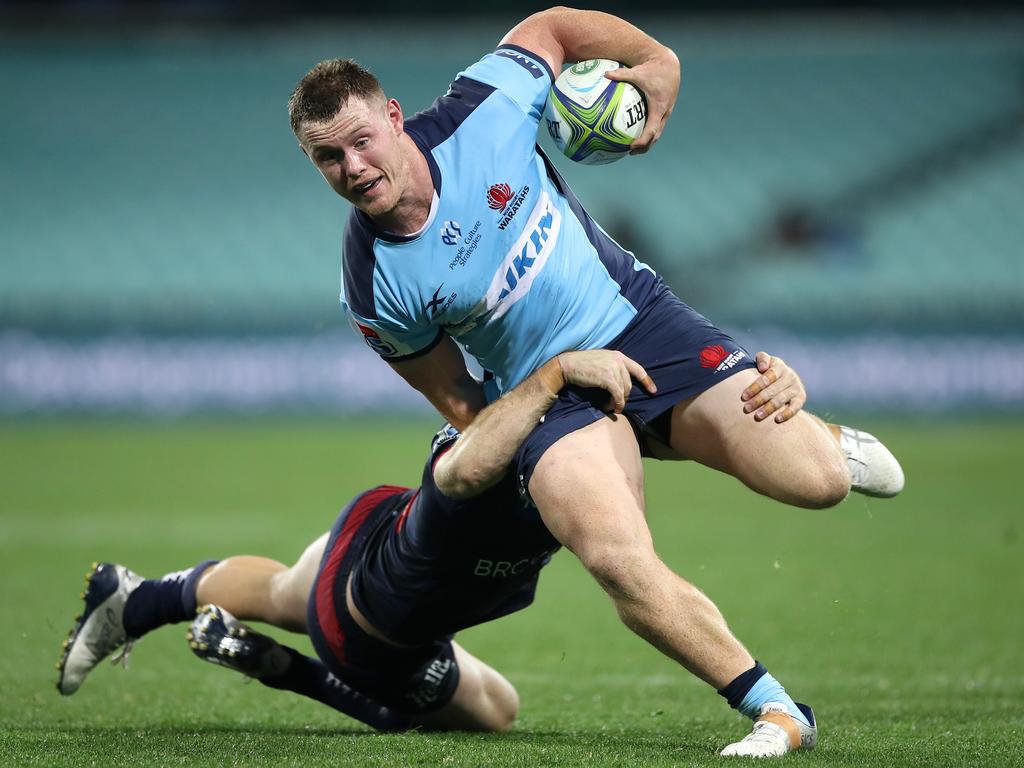
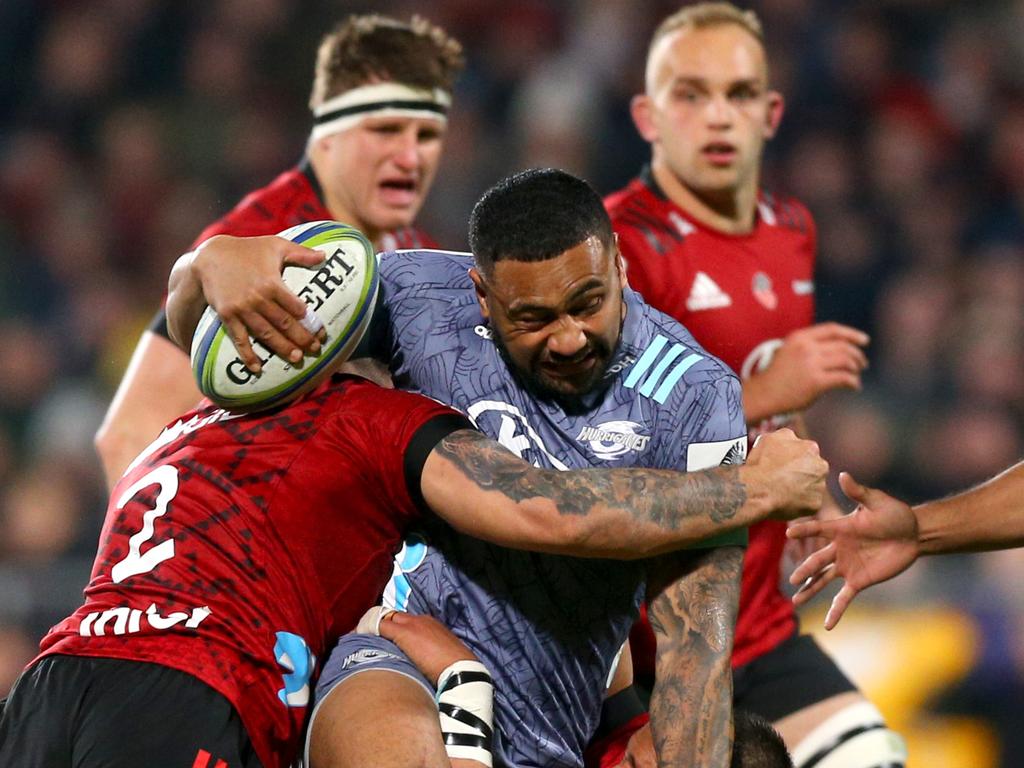

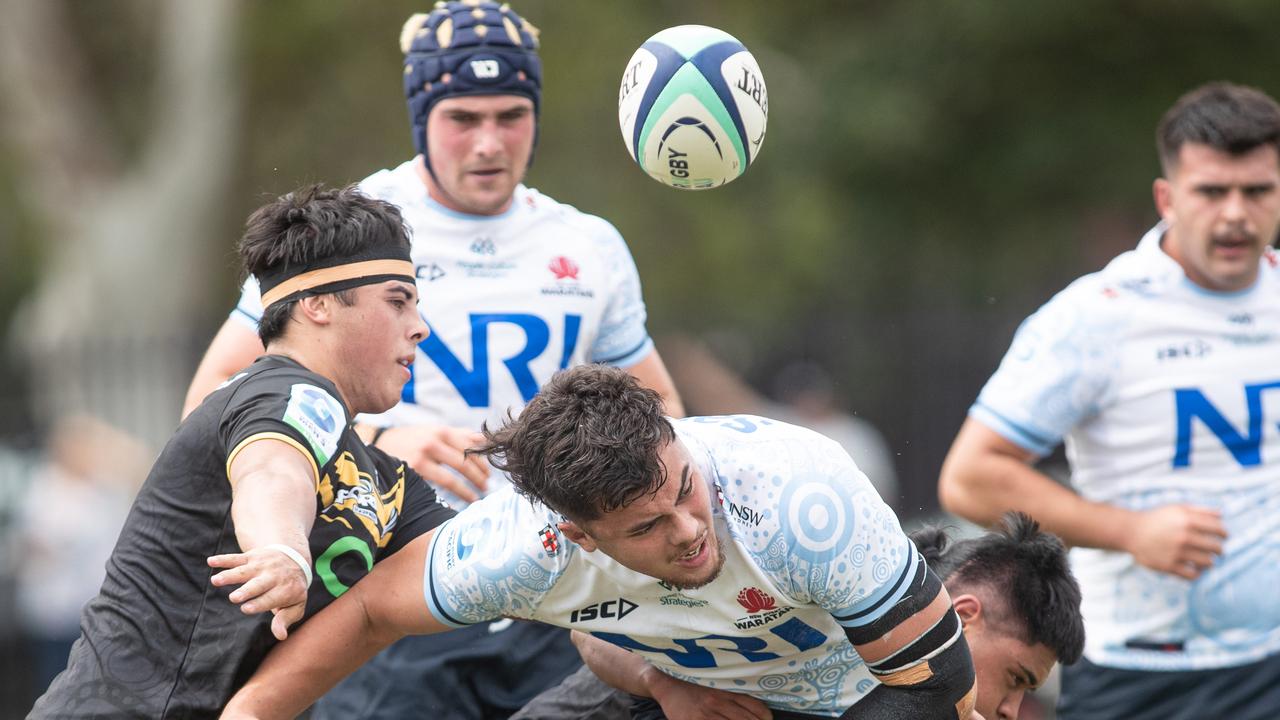
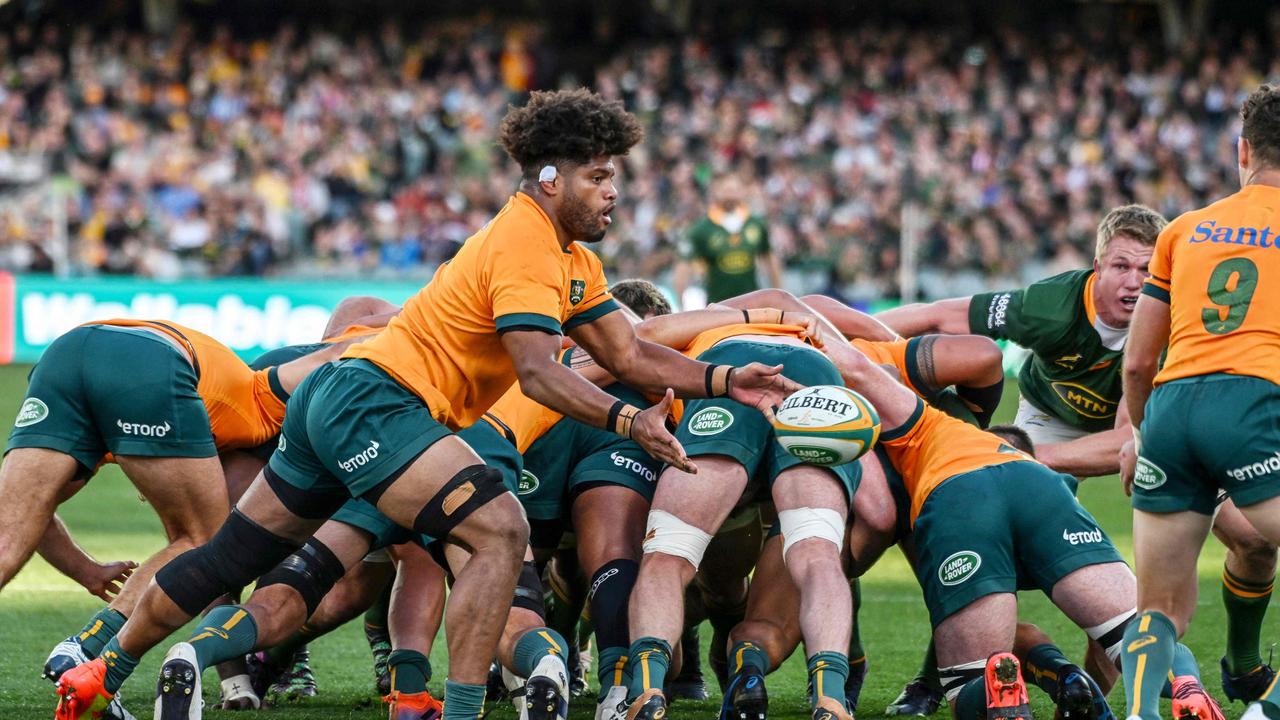
To join the conversation, please log in. Don't have an account? Register
Join the conversation, you are commenting as Logout